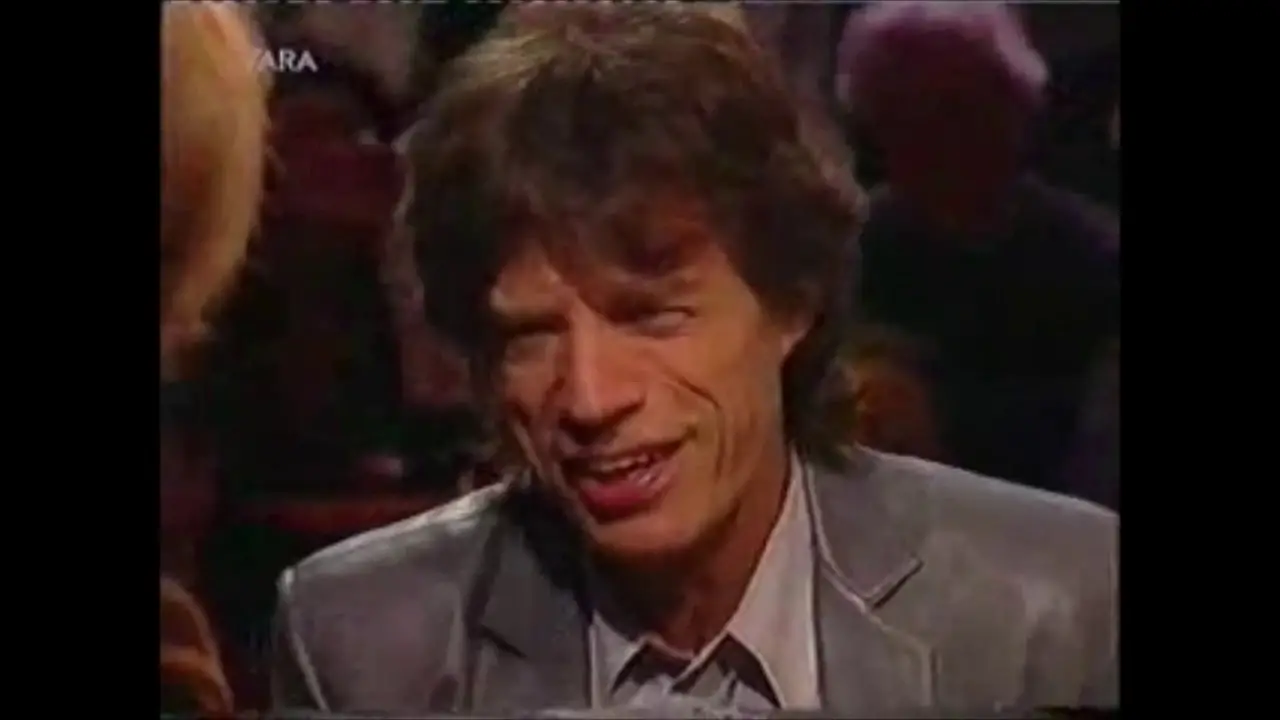Watch Bob Dylan’s Woodstock Set: A Historic Performance

Bob Dylan at woodstock. Three days of music, peace, and love. That’s what Woodstock was all about. A festival that transcended music, a cultural touchstone, and a moment in time that forever altered the landscape of popular culture. Amongst the stellar lineup of musical giants, one name stood out: Bob Dylan. Dylan, the poet laureate of a generation, was already a legend. His impact on music was undeniable. From his early folk anthems to his electric explorations, he had consistently pushed boundaries, challenged conventions, and captured the zeitgeist in his lyrics. Yet, his presence at Woodstock was a surprise, a glimpse into the man’s ever-evolving journey.

The Context: A Time of Transition
1969 was a pivotal year for Dylan. He had just released Nashville Skyline, a record that marked a significant shift in his musical style. Gone was the raspy, rebellious voice of Highway 61 Revisited and Blonde on Blonde. In its place was a smoother, more introspective sound, influenced by country music and the folk-rock of artists like Johnny Cash. This change was met with mixed reactions. Some saw it as a betrayal, a sellout to the commercialized world he had once so vehemently denounced. Others, however, embraced the evolution, recognizing a natural progression in his songwriting and musical explorations.
Exploring the Collaboration Between Bob Dylan and The Band
The Backdrop: A Year of Change
1969 was a year of immense societal and cultural upheaval. The Vietnam War raged on, and protests against the conflict intensified. Civil rights movements gained momentum, challenging ingrained inequalities. The counterculture flourished, embracing new ideas and rejecting traditional norms. This was a time of fervent idealism, a yearning for a better future, a longing for peace and unity. Woodstock became a microcosm of this spirit, a gathering of like-minded souls seeking connection, shared experiences, and a sense of belonging.

The Sound of a Changing Landscape
Dylan’s musical journey during this period mirrored the tumultuous times. His early work, deeply rooted in folk, reflected the social and political struggles of the 1960s. His lyrics often addressed issues of inequality, war, and injustice, becoming anthems for a generation yearning for change. However, by the late 1960s, his creative direction began to shift. He embraced a more introspective, less overtly political approach, exploring themes of personal growth and spirituality. This transition was evident in his 1969 album, Nashville Skyline.
Redefining Boundaries: A New Musical Direction
Nashville Skyline marked a departure from Dylan’s previous albums. Gone were the blistering rock anthems and the introspective, poetic lyrics that had defined his earlier work. Instead, the record featured a softer, more melodic sound, influenced by country and folk-rock. The instrumentation played a central role, with steel guitars, banjos, and harmonicas adding a distinct country flavor. This change in style reflected Dylan’s personal growth and evolving perspectives. He had moved away from the fiery political themes of his earlier albums, delving into more personal experiences and introspection.

50 Years of Rock and Roll A Look Back at the Evolution of a Genre
A Surprise Appearance: The Legend Takes the Stage
Dylan’s appearance at Woodstock was a complete surprise. No one knew he was going to perform, adding an extra layer of excitement and intrigue to the already electrifying atmosphere. His set, though brief, became one of the most memorable moments of the three-day festival. It showcased a different side of the iconic singer-songwriter, one that was more introspective and contemplative.
The Stage Is Set: A Brief But Memorable Set
Dylan’s Woodstock performance was relatively short compared to many of the other artists, clocking in at approximately 17 minutes. He was joined by The Band, a group of seasoned musicians who had become his trusted collaborators. They played a mix of songs from his recent albums, Nashville Skyline and John Wesley Harding, showcasing his new, mellower style.
The setlist included:
| Song Title | Album | Year |
|---|---|---|
| “Like a Rolling Stone” | Highway 61 Revisited | 1965 |
| “I Shall Be Released” | The Band | 1969 |
| “The Weight” | Music from Big Pink | 1968 |
| “Blowin’ in the Wind” | The Freewheelin’ Bob Dylan | 1963 |
| “A Hard Rain’s a-Gonna Fall” | The Freewheelin’ Bob Dylan | 1963 |
The Performance: A Shift in Style and Stage Presence
Dylan’s 1969 performance was a far cry from his previous electrifying shows. His stage presence was subdued, opting for a more relaxed, introspective approach. While the energy of his early performances was fueled by a fiery passion and a desire for change, at Woodstock, his demeanor reflected a more introspective, meditative state. He seemed content to let the music speak for itself, the lyrics carrying the depth and emotion of his recent songs.

The Reception: A Mixed Bag of Reactions
The audience’s reaction to Dylan’s set was a mixed bag. Some fans were initially disappointed by his mellower style, missing the explosive energy of his earlier performances. However, many others were captivated by his new, introspective approach, recognizing a depth and meaning in his music that resonated with their own feelings and experiences.
The Sound of Woodstock:
While Dylan’s Woodstock set itself didn’t receive the same level of adulation as, say, Jimi Hendrix’s fiery finale, it holds a significant spot in the festival’s legacy. It illustrated a crucial shift in Dylan’s musical journey, allowing audiences to glimpse a different side of the artist whose earlier anthems contributed so much to the counterculture spirit Woodstock embodied.
The Legacy of a Performance: Echoing Through Time
Dylan’s Woodstock performance, though brief and unexpected, became one of the most iconic moments of the festival. It served as a glimpse into his evolving artistry, showcasing a softer, more introspective side of the singer-songwriter who had once been the embodiment of rebellious spirit.
The Sound of Change: An Evolving Artistry
Dylan’s Woodstock performance reflected a significant evolution in his musical style and artistic vision. He had moved away from the protest anthems of his early career, embracing a more introspective and personal approach. This shift resonated with the changing times, as a younger generation sought out deeper meaning and personal connection in their music.

A Moment in Time: Capturing the Zeitgeist
While Dylan’s performance was a reflection of his own artistic journey, it also captured the spirit of the era. Woodstock served as a gathering point for those who sought a different future, a future built on peace, harmony, and love. Dylan’s music, with its themes of introspection and personal growth, resonated with this yearning for change and connection.
A Lasting Impact: Continuing to Inspire
Dylan’s performance at Woodstock, though not his most celebrated, holds a special place in the history of the festival and the music world. It showcased a different facet of his artistry, one that was equally powerful and impactful, leaving a lasting legacy that continues to inspire generations of musicians and fans.
Beyond the Stage: A Deeper Look into the Man Behind the Music
Dylan’s Woodstock performance was a glimpse into a changing musical landscape, but it also offered a deeper insight into the man himself. He was no longer the defiant, outspoken figure of his early years. Instead, he presented a more introspective, contemplative side, reflecting the personal growth and evolution he had undergone.
The Journey of Self-Discovery: A Personal Transformation
Dylan’s appearance at Woodstock reflected a personal journey of self-discovery. He had moved away from the fiery passion and political activism of his younger days, embracing a more meditative and spiritual approach. This change was evident in his music, his lyrics, and his stage presence.

The Power of Influence: A Defining Figure of the Counterculture
Despite his shift in style and approach, Dylan remained a defining figure of the counterculture. His early work, with its sharp lyrics and rebellious spirit, had profoundly influenced a generation seeking change. Even in his more introspective phase, his music continued to resonate with those who sought deeper meaning and personal connection.
The Legacy of a Legend: Inspiring Generations
Dylan’s Woodstock performance, though brief and unexpected, became a lasting testament to his enduring legacy. It showcased a different side of the artist, one that was equally powerful and impactful, leaving a mark on the history of music and the cultural landscape.
Conclusion
Bob Dylan’s Woodstock performance was a pivotal moment in his career and in the history of music. It showcased a shift in his musical style, stage presence, and overall approach to his artistry. The performance, though met with mixed reactions initially, has since become an iconic representation of Dylan’s evolution as an artist.
Dylan’s decision to perform at Woodstock, despite the festival’s chaotic nature and his own reservations, demonstrated his willingness to adapt and grow as a musician. His setlist, featuring a mix of his classic hits and newer, more introspective songs, highlighted his versatility and depth as a songwriter.

The reception to Dylan’s performance reflected the changing times and the shifting expectations of both artists and audiences. While some fans may have been initially disappointed by his mellower style, many others recognized the significance of his evolving artistry and the emotional depth of his music.
In retrospect, Dylan’s Woodstock performance serves as a lasting reminder of the power of music to transcend boundaries and connect people on a deeper level. It showcased a different side of the legendary musician, one that was introspective, contemplative, and deeply moving.

As we look back on Dylan’s performance at Woodstock, we are reminded of the enduring impact of his music and the timeless quality of his artistry. It is a testament to his ability to evolve and adapt while staying true to his unique voice and vision.
Ultimately, Bob Dylan’s Woodstock performance will always hold a special place in music history, not only for its significance in his career but also for its representation of a moment of change and growth in the world of music.
